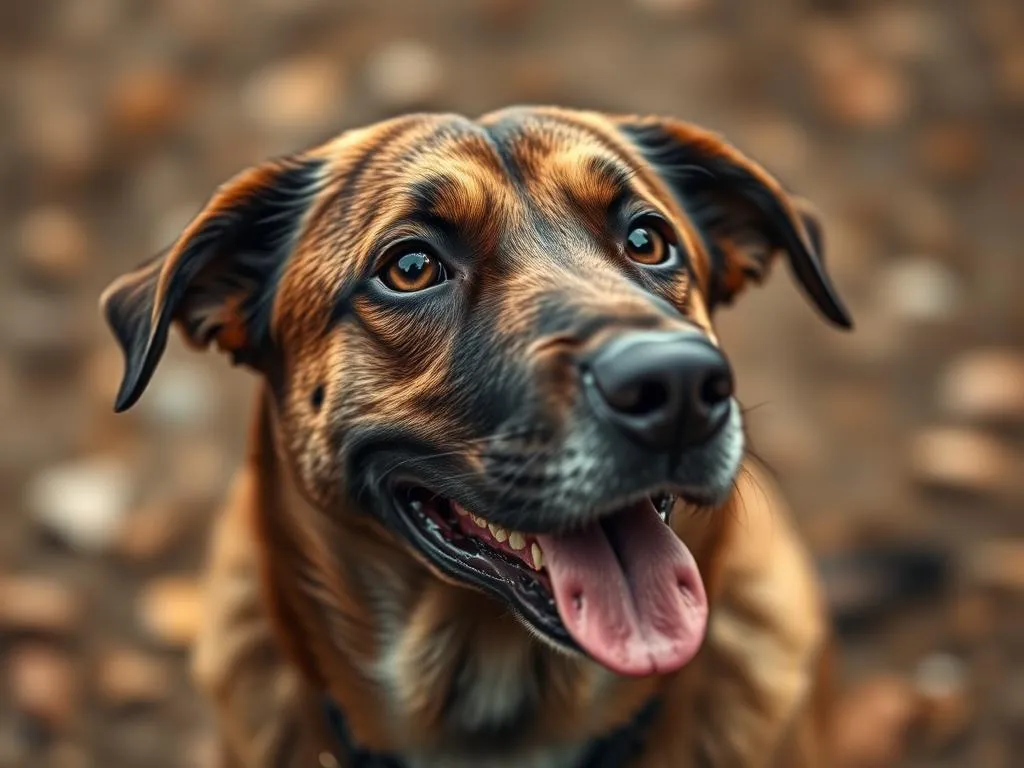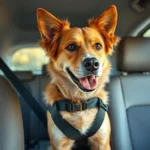
Introversion is a personality trait often associated with humans, characterized by a preference for solitary activities and a tendency to feel drained after social interactions. Introverts typically enjoy deep, meaningful conversations over small talk and often require time alone to recharge their energy. But can we apply this understanding to our canine companions? The idea that dogs can be introverted brings forth a fascinating exploration of canine personalities.
As we delve into this topic, we’ll uncover the signs of introverted behavior in dogs, debunk some common myths, and discuss how to provide the best care for those quieter companions.
Understanding Dog Personalities
The Spectrum of Dog Personalities
Just like humans, dogs exhibit a wide range of personalities. While some dogs are exuberant and thrive on interaction, others may prefer a more subdued lifestyle. The personality spectrum in dogs can be broadly categorized into extroverted, introverted, and ambivert. Understanding where your dog falls on this spectrum is crucial for effective training and socialization.
Extroverted dogs often seek out social interactions, enjoying playtime with other dogs and people. In contrast, introverted dogs might show a preference for solitude or quiet companionship. Ambiverts display a mix of both behaviors, enjoying socialization but also valuing their alone time.
Factors Influencing Dog Personality
Several factors contribute to a dog’s personality, shaping their behaviors and preferences:
- Genetics: Certain breeds exhibit inherent personality traits. For instance, the temperament of a Labrador Retriever differs significantly from that of a Shiba Inu.
- Environment: A dog’s environment, especially during its critical developmental stages, plays a significant role in personality formation. Early socialization experiences can either encourage confidence or foster reserved behavior.
- Individual Experiences: Past experiences, whether traumatic or positive, can influence a dog’s personality. An introverted dog may have experienced overwhelming situations that led them to prefer solitude.
Identifying Introverted Behavior in Dogs
Signs of Introversion in Dogs
Recognizing introverted behavior in dogs is essential for pet owners to provide appropriate care. Here are some common signs:
- Preference for Solitude: Introverted dogs may choose to retreat to a quiet corner instead of joining the family during playtime or gatherings.
- Low Energy Levels: These dogs often exhibit a calm demeanor, displaying less exuberance in play or interaction.
- Caution in New Situations: Introverted dogs may exhibit shyness or hesitance when encountering new people or environments, taking their time to assess before engaging.
Comparison with Other Behaviors
It’s important to distinguish between introverted behavior and other types of behaviors. Shyness, for instance, is often linked to fear or anxiety, whereas introversion is simply a personality trait. Additionally, introverted dogs may experience anxiety or stress in overwhelming situations, but this does not mean they are inherently shy or antisocial.
Common Myths About Introverted Dogs
Misconceptions Surrounding Introverted Behavior
Several myths surround the concept of introverted dogs, leading to misunderstandings about their needs and behaviors.
-
Myth 1: Introverted dogs are antisocial.
This is not necessarily true; introverted dogs can enjoy social interactions but prefer them in smaller, controlled settings. -
Myth 2: Introverted dogs are unhappy or unhealthy.
Just like humans, introverted dogs can lead fulfilling lives. Their happiness often stems from their owners understanding and accommodating their needs. -
Myth 3: All dogs need to be socialized heavily.
While socialization is important, forcing an introverted dog into frequent social situations can lead to anxiety and stress.
The Importance of Individuality
Every dog is unique, possessing its own blend of personality traits, regardless of breed. It’s essential to respect and accommodate an introverted dog’s needs. Understanding their personality allows owners to tailor care and training approaches that honor their individuality.
Caring for an Introverted Dog
Creating a Comfortable Environment
To help an introverted dog thrive, creating a comfortable and safe environment is essential:
- Safe Space: Designate a quiet area in your home where your dog can retreat without disturbances.
- Routine and Predictability: Establish a consistent routine that provides stability and predictability, helping your dog feel secure.
Training Techniques
Training an introverted dog requires patience and understanding. Here are some effective methods:
- Positive Reinforcement: Use treats and praise to reward desired behaviors, helping build your dog’s confidence.
- Gentle Encouragement: Gradually introduce your dog to new experiences, ensuring they do not feel overwhelmed.
Socialization Strategies
Socializing an introverted dog should be approached gradually:
- Controlled Exposure: Introduce your dog to new environments, people, and other dogs slowly. Observe their comfort levels and allow them to dictate the pace.
- Positive Interactions: Facilitate controlled interactions with calm, friendly dogs and people to promote positive experiences.
The Role of Breed in Introversion
Breeds Known for Introverted Traits
Certain breeds are more likely to exhibit introverted tendencies. Some examples include:
- Basset Hound: Known for their laid-back demeanor, they often prefer relaxation over vigorous play.
- Shiba Inu: These independent dogs can be quite reserved, enjoying their own space.
- Greyhound: Typically calm and gentle, many Greyhounds appreciate a low-energy environment.
Breed-Specific Care and Training
Understanding breed-specific characteristics is vital for caring for an introverted dog. Tailor your training methods to suit their needs, recognizing that introverted breeds may require more patience and gentle encouragement.
The Benefits of Having an Introverted Dog
Companionship and Loyalty
Introverted dogs often form deep bonds with their owners. Their calm presence can create a soothing atmosphere in a home, providing a unique companionship that is both comforting and loyal.
Mental Health Benefits for Owners
Having an introverted dog can also positively impact the mental well-being of their owners. The quiet companionship of an introverted dog often helps reduce stress levels. Their low-energy nature can create a peaceful, relaxing environment, promoting mindfulness and tranquility for their human companions.
Conclusion
In summary, dogs can be introverted, exhibiting traits similar to those found in people. By understanding the signs of introversion, debunking common myths, and providing tailored care, dog owners can foster a supportive environment for their introverted companions. Every dog deserves to be embraced for their individuality, and adapting our care methods accordingly can lead to a fulfilling relationship that benefits both owner and pet.
As you consider your dog’s personality, remember that understanding and respecting their unique traits can create a harmonious and loving home.









